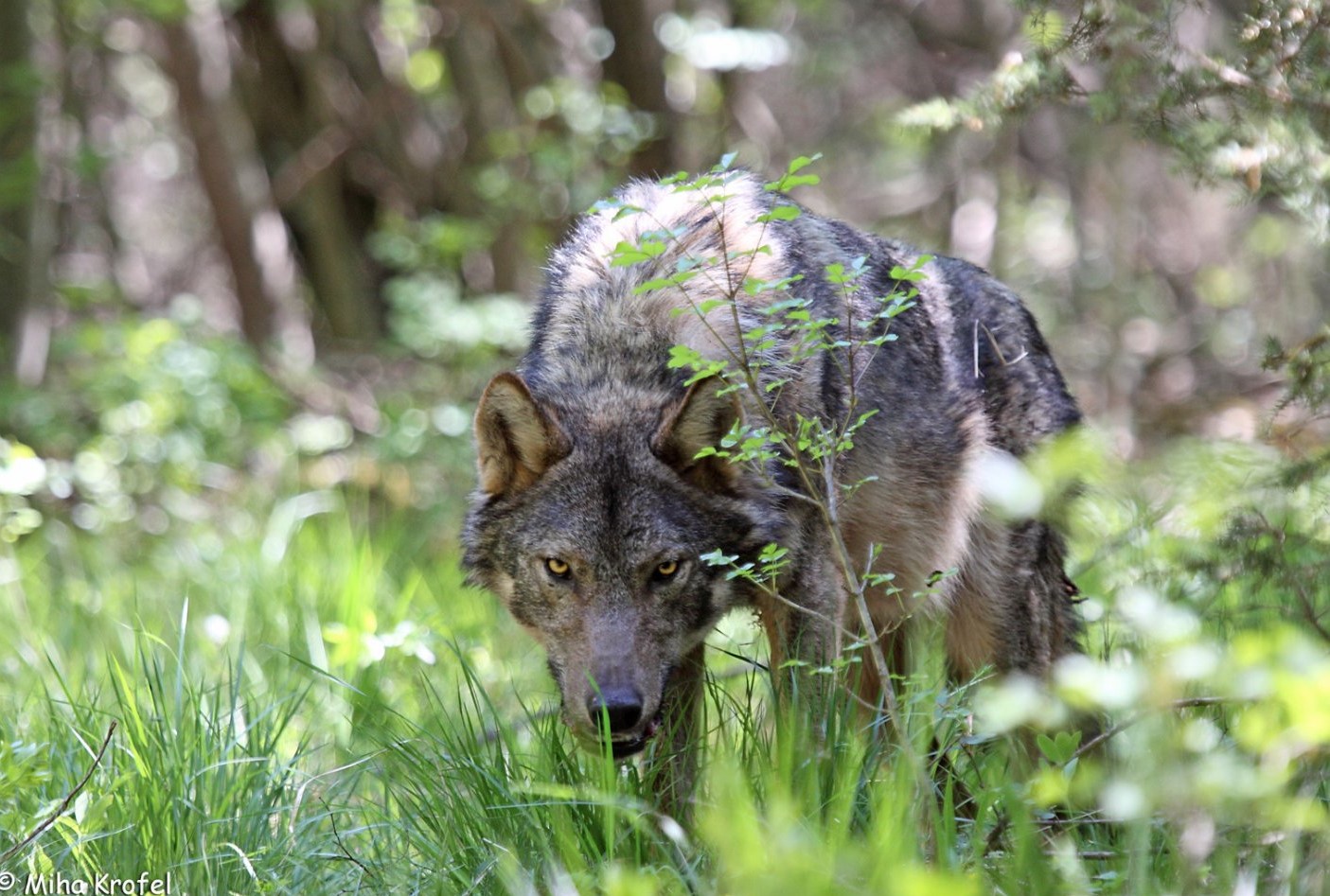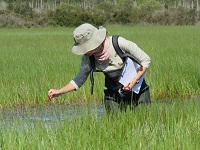Wolves, lynxes and brown bears are among the most charismatic carnivore species in Europe, and they seem to be making a comeback after almost becoming extinct at the end of the past century. What is causing this gradual recolonization of their historical range?
A multi-national team from 11 European countries, including the Doñana Biological Station (EBD-CSIC) investigated if changes in land cover, human population density and protection status were responsible for the expansion of Eurasian lynx, brown bear or grey wolf in Europe in the last 24 years.
Contrary to popular belief, the increasing protection in Europe did not play a significant role in their expansion. According to the study, the factors that positively affect the recovery of these large carnivores are agricultural abandonment and forest encroachment, exodus of human population from rural to urban areas, and decrease in direct persecution. Up until now, the relative importance of these changes for large carnivore distributions at the European scale remained unclear.
"This does not mean that the protected area network is not important for the conservation of these species. It means that its relative importance is lower regarding other factors such as changes in land use or human population density" explains Ana Benítez, researcher at EBD-CSIC and co-author of the study.
The results open new paths to study the role played by society's perception and tolerance toward these species and their expansion, especially in rural areas where there may be conflicts between some socio-economic activities and the conservation of these species. In addition, it would also be interesting to study the importance of other factors that could have also influenced the expansion of large carnivores in Europe, such as the abundance of pray species or the level of compliance with the law regarding direct persecution and illegal hunting.
ebd_outreach[at]ebd.csic.es
Referencia
Cimatti, M et al (2021) Large carnivore expansion in Europe is associated with human population density and land cover changes. Diversity and Distributions. https://doi.org/10.1111/ddi.13219



 La Fundación Jaime González-Gordon ofrece cuatro becas para el desarrollo de Trabajos de Fin de Máster sobre Doñana
La Fundación Jaime González-Gordon ofrece cuatro becas para el desarrollo de Trabajos de Fin de Máster sobre Doñana
